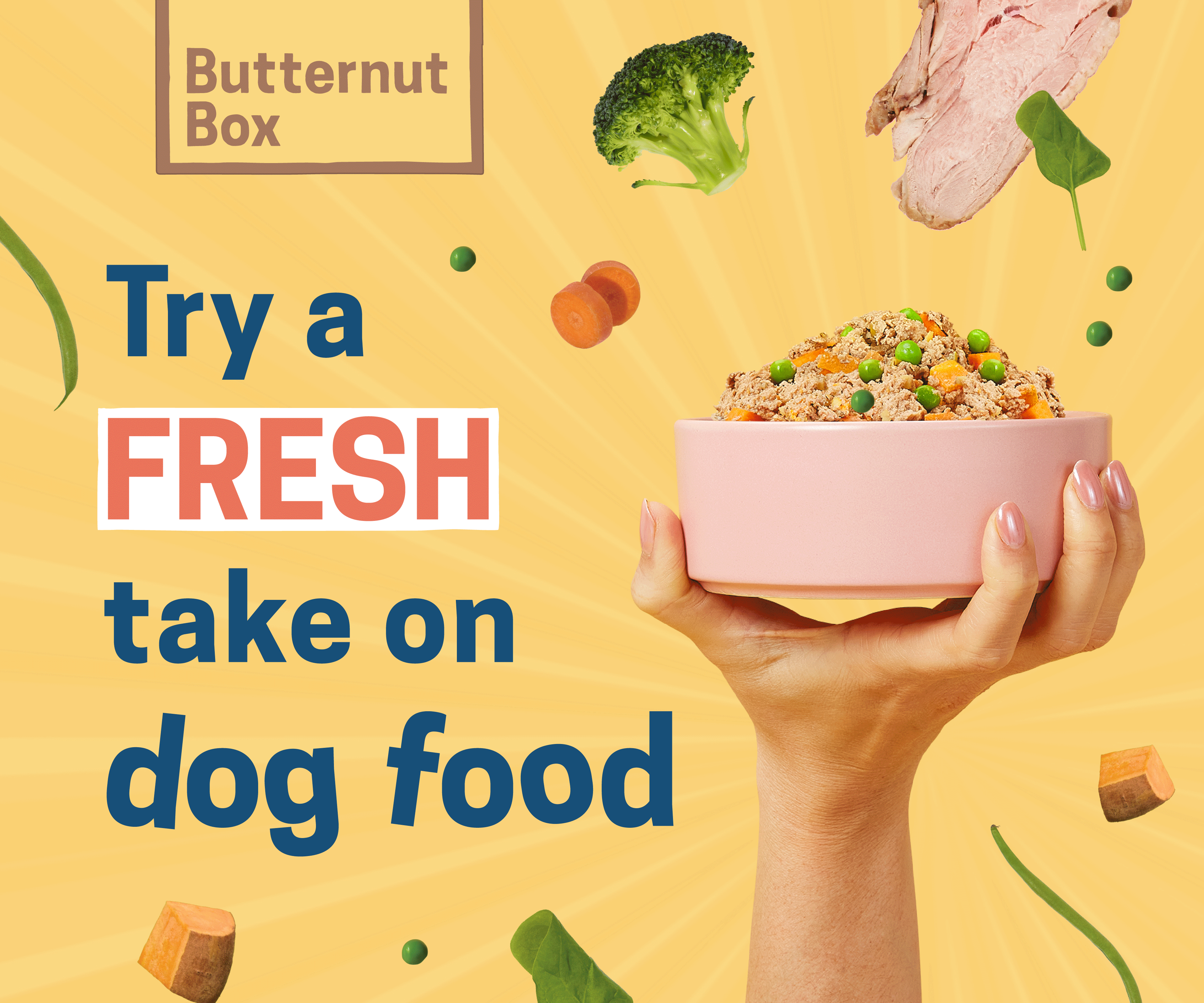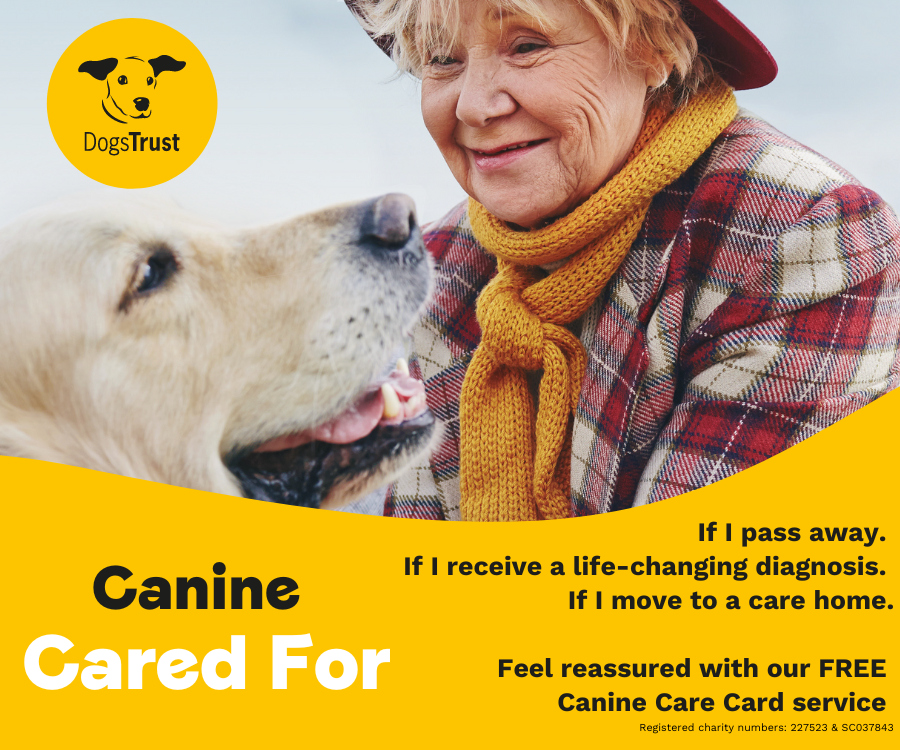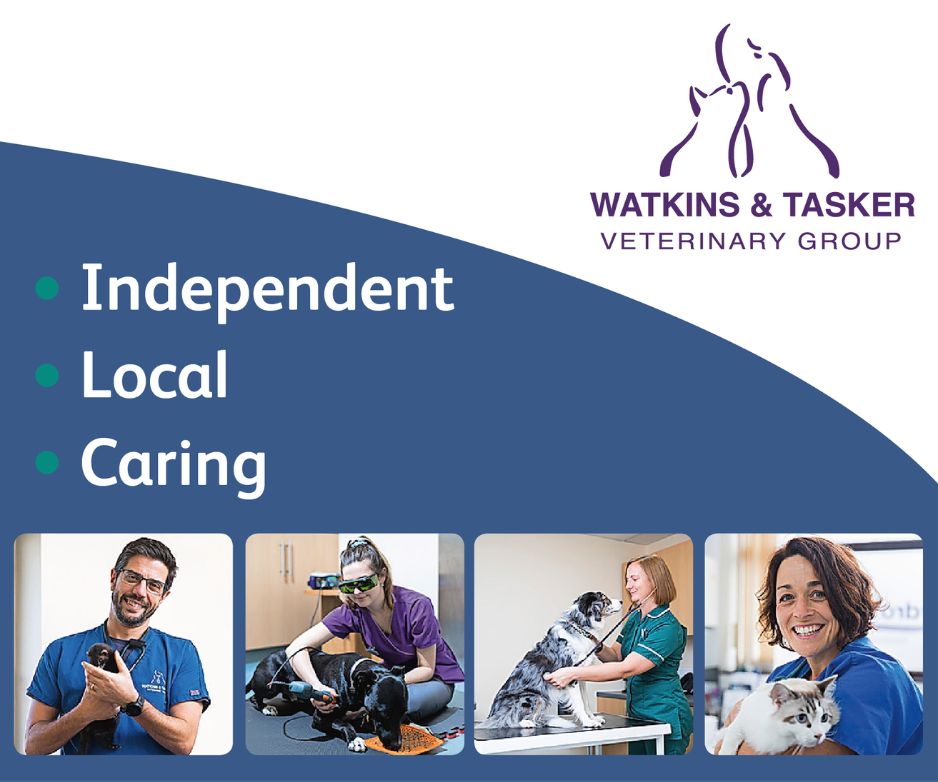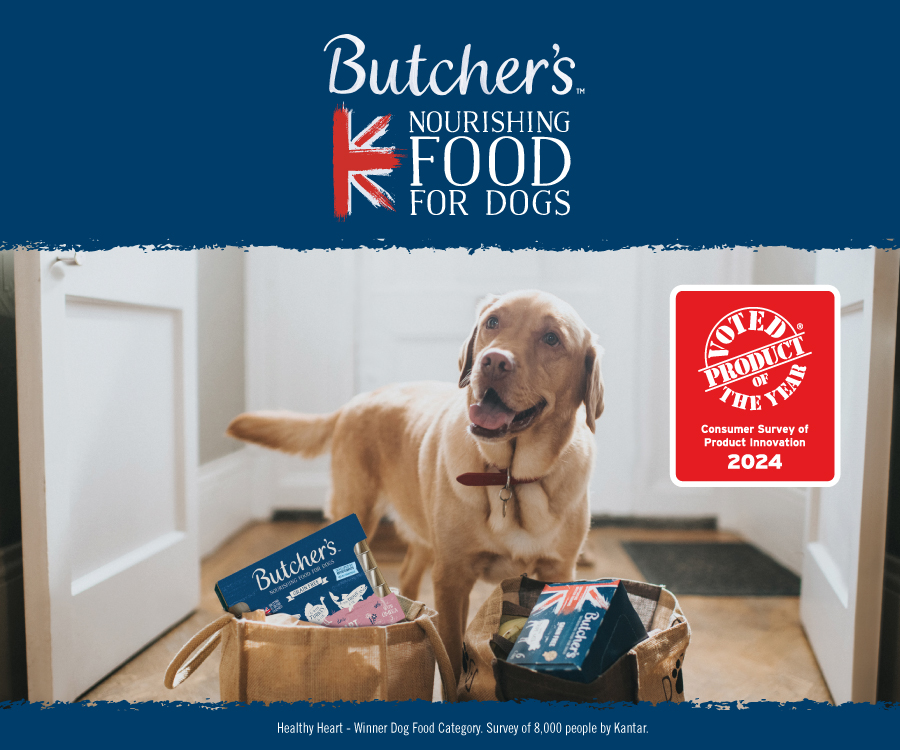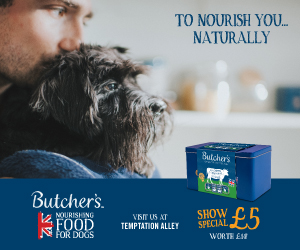Puppy Feeding 101
Everything you need to know about puppy nutrition and feeding guidelines for your new pooch, with advice from Veterinary Dr. Linda Simon.
Whether you’ve recently welcomed home a little bundle of fluff or are planning on becoming a puppy owner in the near future, we’re here to guide you through puppy feeding and nutrition to help give your pup the best start in life.
There’s so much to consider when welcoming a new four legged bundle of fluff into your home, from sleep schedules and training to vaccinations and grooming, it’s enough to overwhelm even the most seasoned pet-parent. How, when and what to feed your puppy is important to get right from the off-set, so you know your new canine friend is getting everything they need nutritionally to grow healthy and strong.
Vet Linda, of Pooch & Mutt runs through commonly asked questions by new and prospective puppy parents and explains how we can set our puppies up with the most nutritious meals to help them thrive.
‘What Should I feed my puppy?’
Vet Linda says: You will likely find that your chosen breeder will have weaned your puppy onto a specific brand of puppy food, but that does not mean you cannot switch to an alternative. It’s best to do this gradually to avoid upset stomachs and to allow your puppy time to settle in before changing their diet. As a guide, follow the 25% - 100% rule when you are looking to change your puppies food:
- Start by replacing 25% of your puppies current diet with your new chosen food for 2-3 days
- Follow this by replacing 50% of your puppies current diet for 2-3 days
- Then 75% for 2-3 days
- Finally, replace 100% and let your puppy enjoy their new diet in its entirety
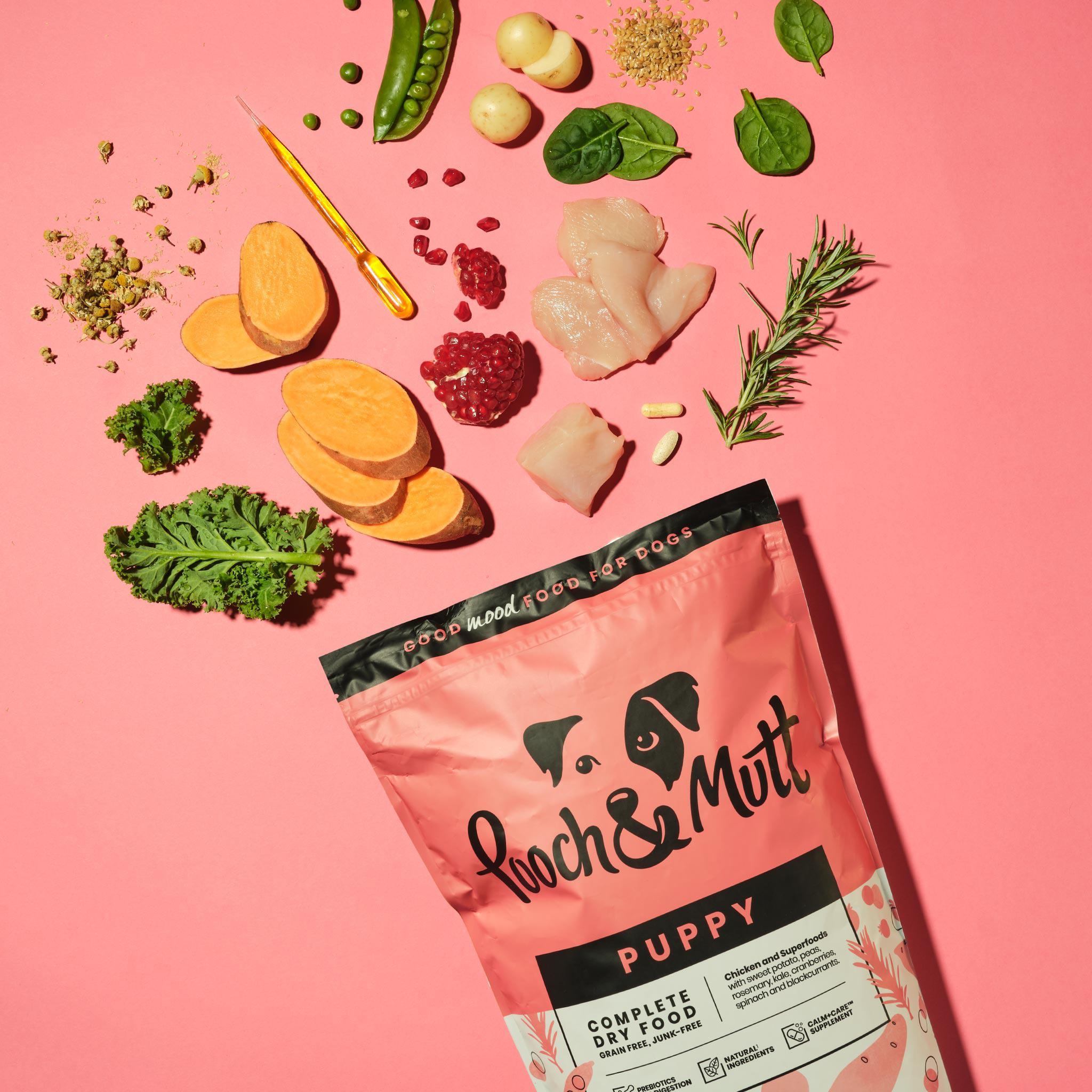
Did you know?
Puppies grow at 20x the rate of their adult counterparts and need roughly 3x as many calories, so it’s vital we fuel them properly from the off-set.
Vet Linda’s Tip: It’s important we feed puppies a Puppy specific food to meet their nutritional needs and help them grow and develop properly. Pooch & Mutts’ Puppy specific Dry Superfoods and/or Puppy Wet Food is formulated specifically to fuel growing pups and is packed with lean-protein and a whole host of super fruit and veggies high in vitamins and antioxidants.
What should I look for in a Puppy Specific food?
- High protein content to support growth and development
- Higher calorie content to provide enough energy for playtime and training
- Smaller Kibble Sizes (if feeding a dry food diet) as they are easier to chew and swallow
Is the Pooch & Mutt Puppy Food a good option?
Well, we don’t like to toot our own horn but, yes! Our puppy superfood is ideal for those who are maturing.
- The high protein content supports growing muscles and other tissues.
- The Omega Fatty Acids support brain development and joint health.
- This food is free of grains, beef, soya and dairy, making it a good choice for those with food sensitivities.
- Our kibble also contains prebiotics; supporting a robust gut and helping establish a healthy gut microbiome.
- Importantly, dogs find this food extremely palatable, meaning you’re sure to have one happy puppy when it comes to meal times.
How much should I feed my puppy?
This question really depends on the age, breed and size of your pup. We’ve created a feeding guide for Pooch & Mutt products on our website, simply scroll to the bottom of the product page and input your dog's size, age and expected adult weight.
What about another type of diet, can I feed my puppy a raw diet?
Vet Linda’s Advice: Home prepared meals or raw food diets for puppies isn’t always advisable. Personally, I have seen too many puppies in my clinic with nutritional deficiencies and/or food poisoning due to their diet. I would always advocate for a quality, commercial diet. These diets have been developed by professionals and contain everything your dog needs to grow up to be fit and healthy.
Should I feed my puppy treats?
We need to remember that puppies' digestive systems are very sensitive for the first few weeks and introducing new foods or treats may cause an upset tum so we should keep treats to a minimum. However, you will likely need some form of reward for toilet and command training.
Vet Linda’s advice: consider bland and easy to digest reward options for early training such as small pieces of cooked chicken.
Pooch & Mutt suggest waiting until your puppy is 12 weeks old to begin feeding their Mini-Bone treats range. The Calm & Relaxed mini-bone treats can be a great option to calm excitable pups before training and bedtime routines. These treats are handbaked in the UK and made from all natural ingredients, plus their biscuit texture makes them easy to break up should you need to feed smaller pieces.
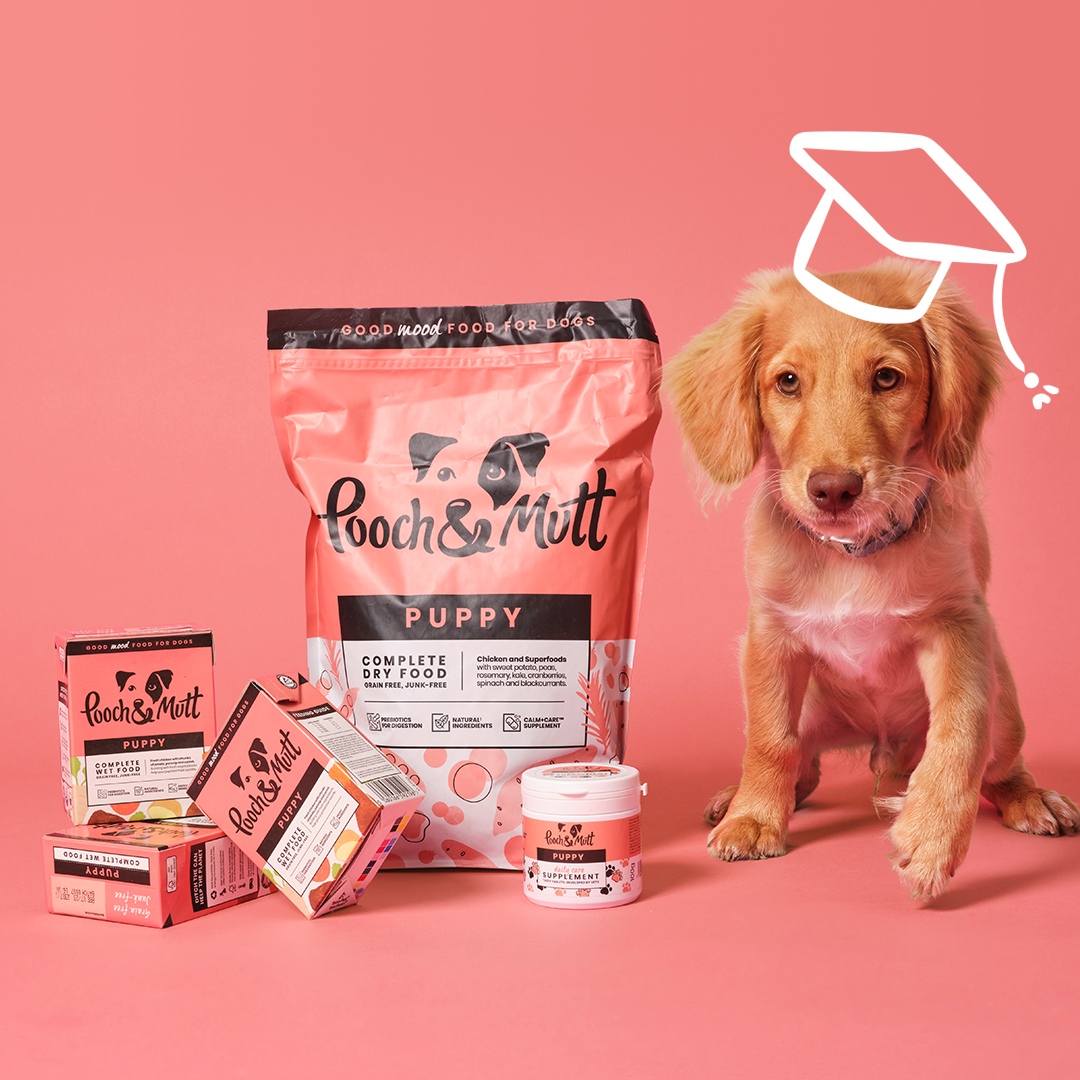
When should I feed my puppy?
General advice suggests feeding 8 week old puppies around 4 times a day and gradually reducing the number of meals as they grow.
As a rough guide, Vet Linda suggests:
- 8 weeks - 3 or 4 months: 4 x a day
- 4 - 6 months: 3 x a day
- 6 months+: 2 x a day
Vet Linda’s Tip: Aim for regular feeding times for your puppy (think breakfast, lunch and tea) as this can help develop a routine. Free feeding (giving you puppy access to food throughout the day without set meal times) is not advised as this can result in your puppy overeating and may cause issues like obesity and poor joint health in later life.
Should I feed my puppy a supplement?
Whilst not essential, nutritional supplements are like the ‘cherry on top’ when it comes to puppy nutrition and diet. Pooch & Mutts’ Daily Care Puppy Supplement is packed with probiotics to help sensitive digestion in puppies.
Vet Linda’s Advice: The probiotics complement the prebiotics in the Puppy Superfood kibble beautifully. We use the Enterococcus faecium probiotic strain. A study from The Journal of Nutrition demonstrates how this can improve immune function in puppies. The Beta Glucans in this supplement are not fed in many other supplements and may just give your dog that extra spring in their step! These carbohydrates work to bolster the immune system and fight off any infection that may come their way.
A final word from Vet Linda:
While it can seem like a minefield, feeding you pup correctly doesn’t have to be complicated. Stick to a high-quality diet and keep an eye on how your little one is developing.




.png)

